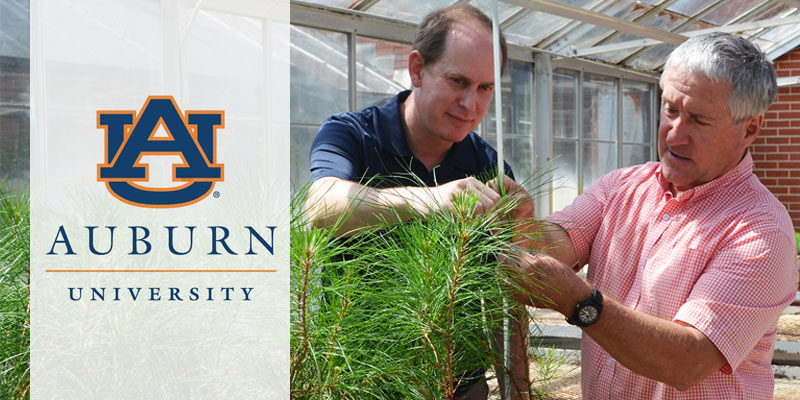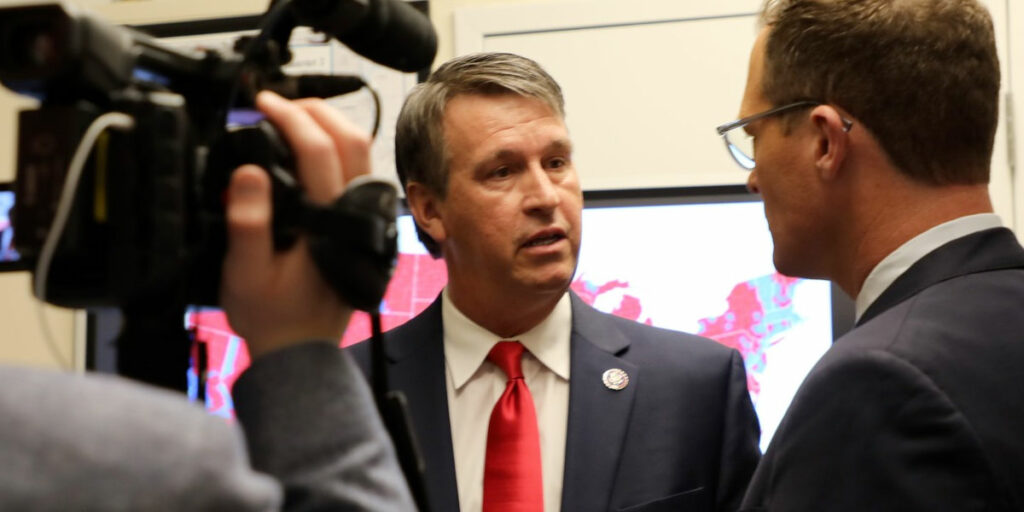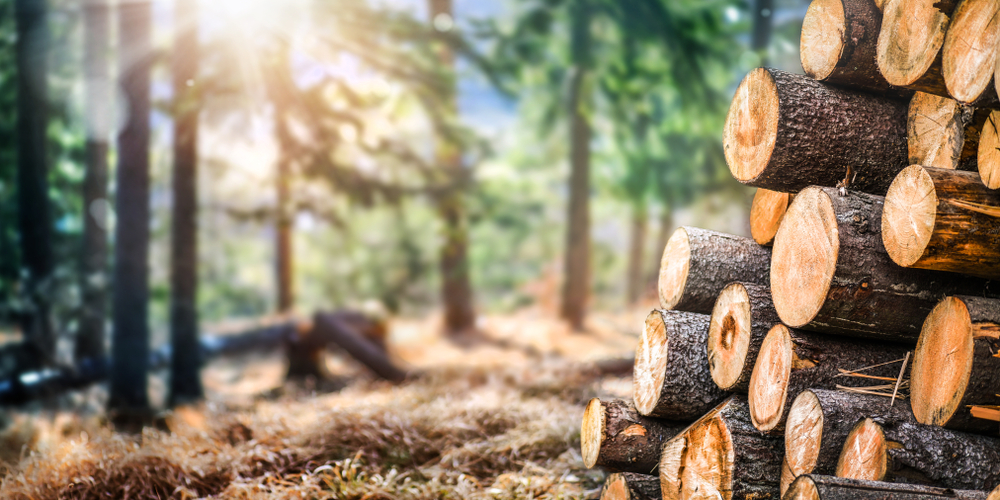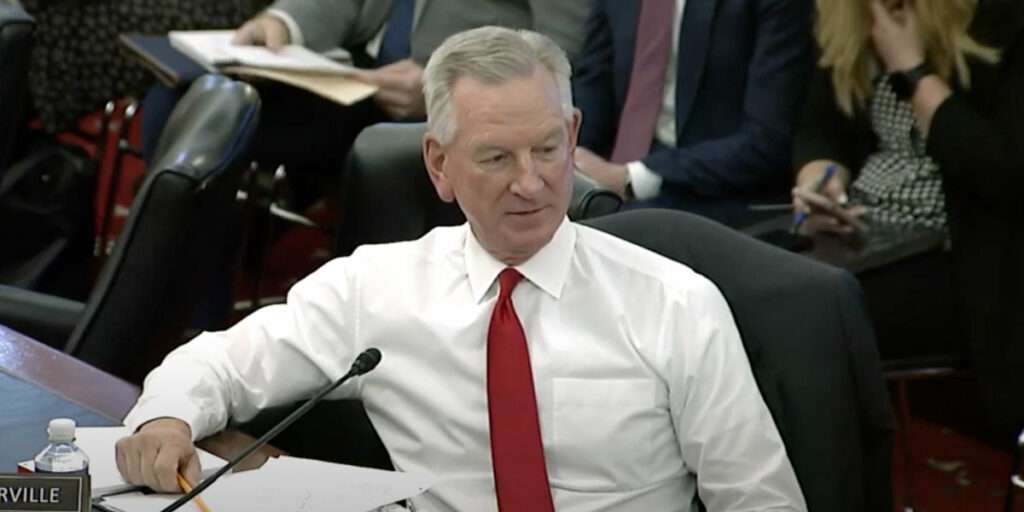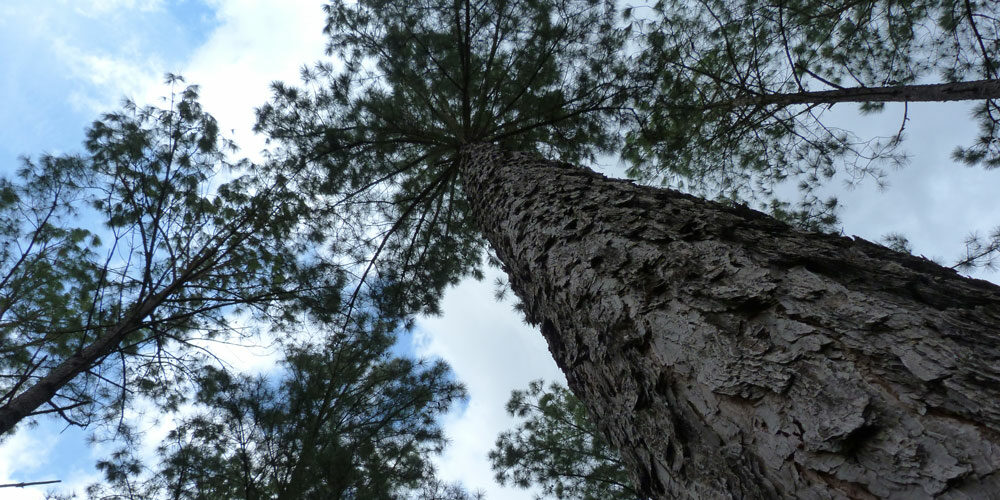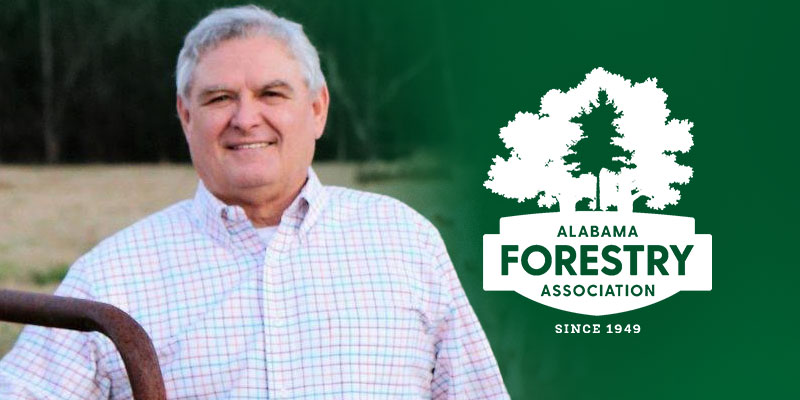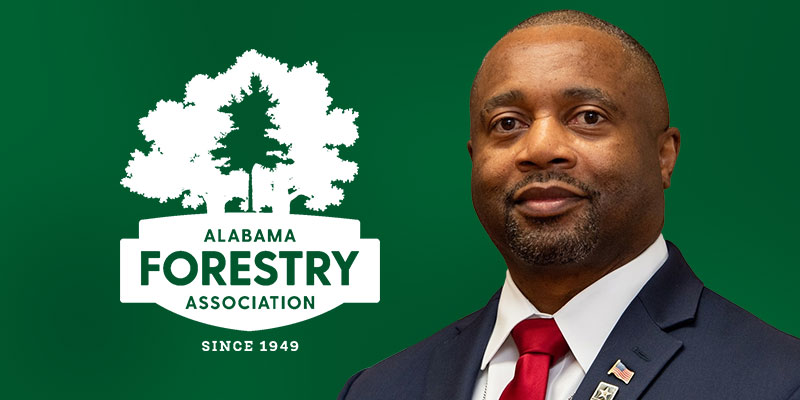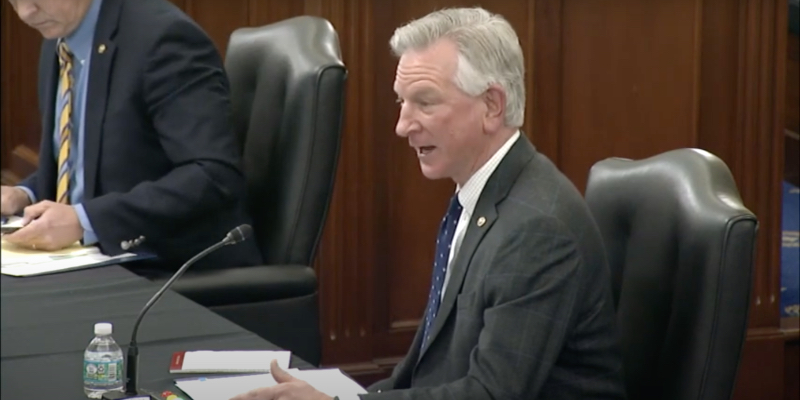Research from Auburn University has assisted in the development of a new product that will reduce Southern pine seeding mortality for the forest industry, according to an announcement from the university on Thursday.
“This is a major accomplishment that will allow forest tree nurseries to store their seedlings for longer time periods without detrimentally affecting the seedlings’ survival,” said Ryan Nadel, an assistant research professor with Auburn’s School of Forestry and Wildlife Sciences.
According to the statement, the product, which is from ArgoFresh and trademarked as LandSpring, “received EPA approval to include conifer seedlings after three years of testing by the Southern Forest Nursery Management Cooperative at Auburn.”
The statement released by Auburn University notes that the United States produces more than 1.2 billion forest tree seedlings for reforestation annually, with more than one billion produced in the Southeast. Of those 1.2 billion seedlings, the majority are conifers, which are produced as “bareroot seedlings and grown in a similar manner to farming regular agricultural crops.”
After lifting, the process of removal of seedlings from the soil during harvesting, the seedlings can be planted in recently harvested areas or into fields, which will convert the land back into forests.
According to the released statement, Auburn’s research “has shown the use of LandSpring increased the survival rate by 10 percent, which would potentially yield the growth of an additional 1.2 million pine seedlings after outplanting—the process of lifting, packing, storing and replanting—as compared to non-treated seedlings.”
“Outplanting is stressful for seedlings, and storing forest tree seedlings is a foremost challenge for forest nursery managers due to the short time frame between lifting and planting,” Nadel said.
Between late November and late February, lifting occurs in an attempt to avoid mold and decay of the seedlings once they are replanted. The seedlings are packed in boxes, bags or bundles and are stored in cold storage for a few weeks before being shipped to their planting locations throughout the Southeast.
“Weather conditions are not always optimal for planting the seedlings once harvested from the nursery, requiring seedlings to be stored for longer periods than recommended,” Nadel added.
Kyle Morris also contributes daily to Breitbart News. You can follow him on Twitter @RealKyleMorris.




